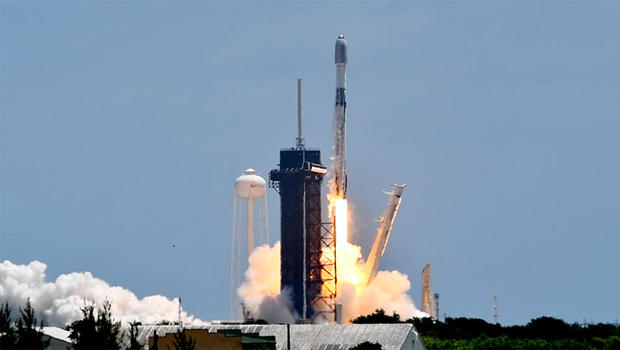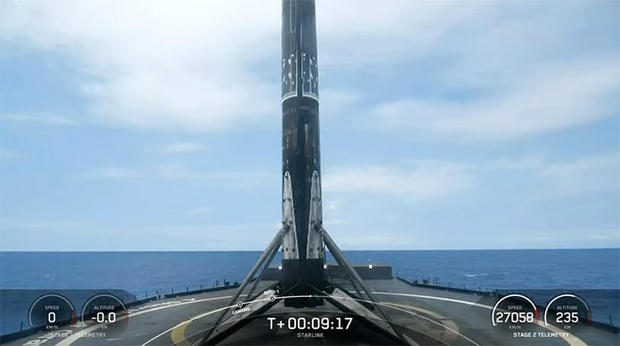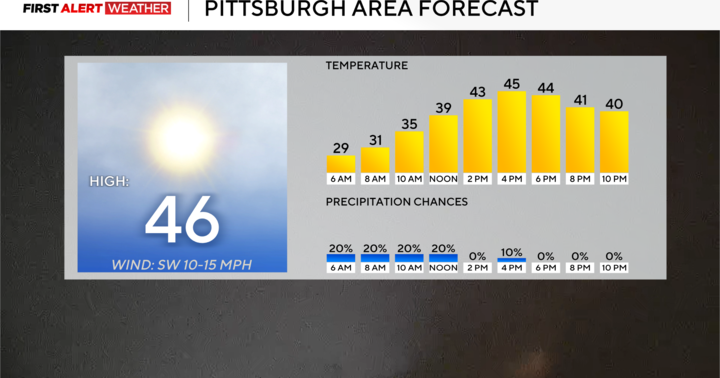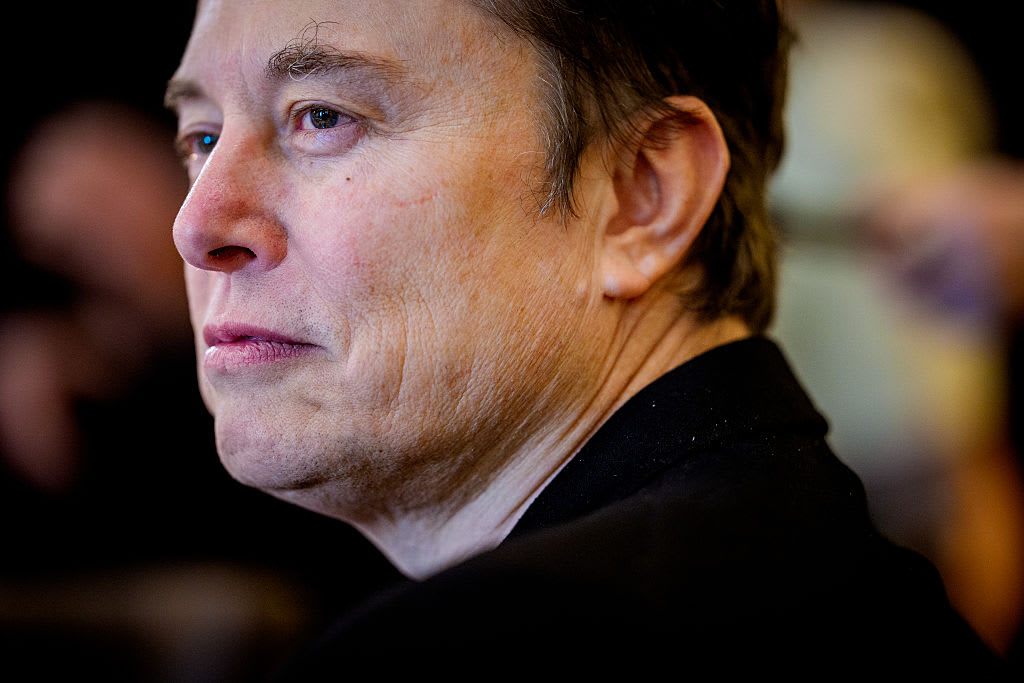SpaceX launches first of three rapid-fire Falcon 9 flights
SpaceX kicked off a Falcon 9 triple header Friday, launching 53 more Starlink satellites from the Kennedy Space Center while gearing up for launch of a German radar reconnaissance satellite Saturday from California and a Globalstar messaging and data relay satellite from Florida early Sunday.
Launching three orbit-class rockets in just 36 hours will set a new U.S. and commercial spaceflight record as SpaceX aims to fire off more than 50 Falcon 9 rockets this year.
Friday's launching, SpaceX's 24th of 2022 and its 158th Falcon 9 flight overall, got underway at 12:09 p.m. EDT, rocketing away from historic pad 39A at the Kennedy Space Center through a partly cloudy sky.
Fifteen minutes later, the 53 Starlinks were released to fly on their own, pushing the total number launched to date to 2,706.
The satellites, now featuring laser cross links to improve connectivity, are part of a fast-growing orbital network providing high-speed internet access to commercial customers in selected regions around the world.
The latest-generation satellites are slightly larger than earlier versions and do not feature "sun shades" to reduce reflected light that can interfere with astronomical observations. The sun visors interfere with satellite-to-satellite laser links.
Even so, the new Starlinks reflect slightly less sunlight than the earliest versions, incorporating design features intended to minimize the growing constellation's impact on optical telescopes and transmissions that can interfere with radio telescope observations.
SpaceX plans to launch thousands more Starlinks, London-based OneWeb has launched 428 broadband satellites to date and Amazon's Project Kuiper plans a constellation of more than 2,300. All three companies are actively working on measures to lessen the impact on astronomical research.
"But accumulating evidence reveals just how much these satellite 'megaconstellations' will interfere with astronomical observatories and other skywatchers around the globe," the journal Nature recently reported. "And satellite companies have not yet found a solution."
The launching came amid reports SpaceX had fired several employees who participated in writing an open letter criticizing company founder Elon Musk for the nature of his Twitter usage — he's working to buy the company — and his public behavior, according to The New York Times.
SpaceX President Gwynne Shotwell said in an email to company employees, obtained by the Times, that the letter "made employees feel uncomfortable, intimidated and bullied, and/or angry because the letter pressured them to sign onto something that did not reflect their views.
"We have too much critical work to accomplish and no need for this kind of overreaching activism," she wrote.
A SpaceX spokesman could not be reached for comment.
In any case, with the Starlink launch out of the way, SpaceX will turn its attention to Vandenberg Space Force Base, California, where engineers are readying another Falcon 9 for launch Saturday at 10:19 a.m. EDT (7:19 a.m. local time) to put Germany's SARah 1 phased-array radar reconnaissance satellite in orbit.
A little more than 14 hours later, the company plans to launch a Globalstar data relay satellite from the Cape Canaveral Space Force Station around 12:30 a.m. EDT Sunday. Originally built as a spare, the FM15 satellite will join a Globalstar fleet providing satellite telephone, messaging and data relay services.





